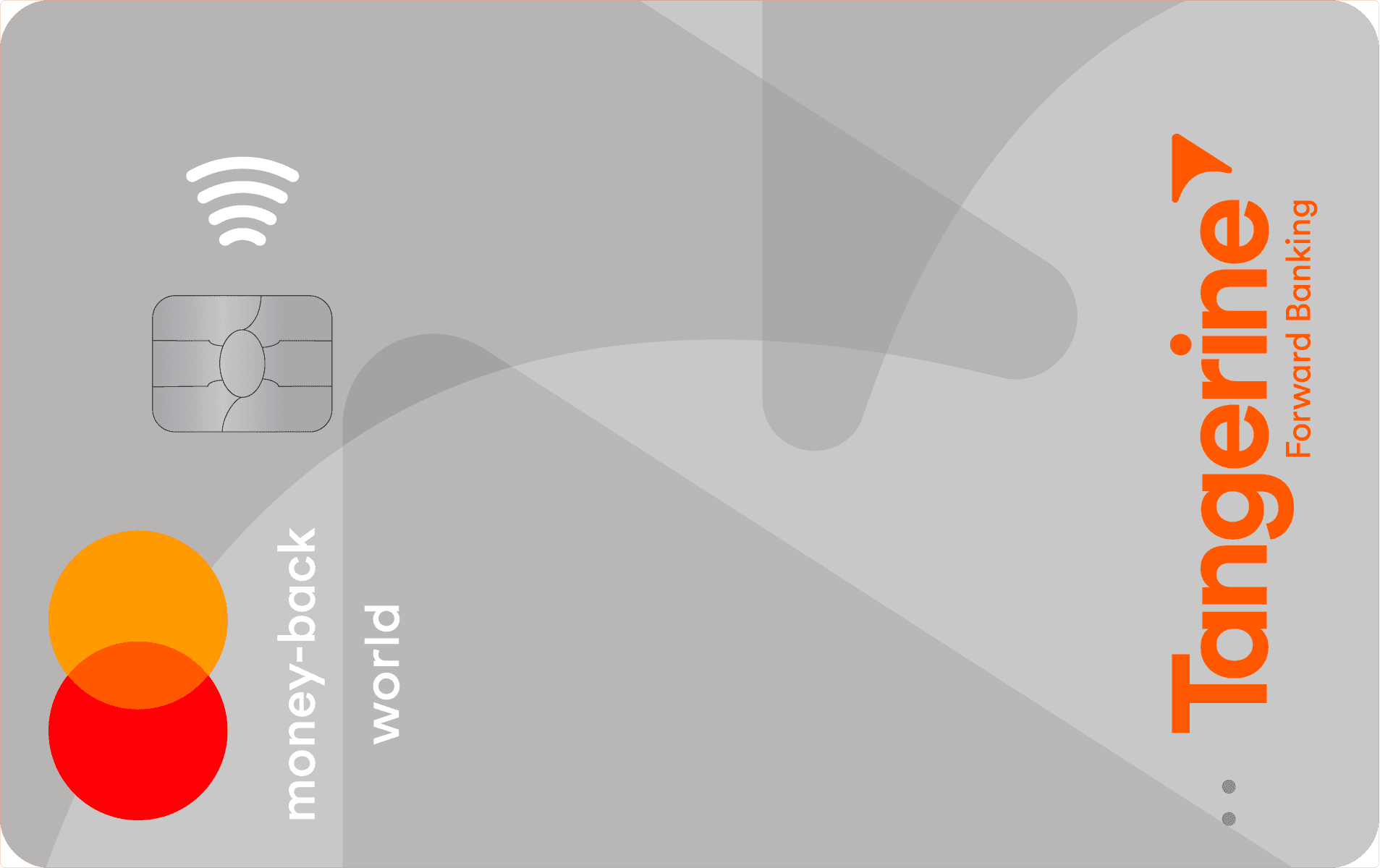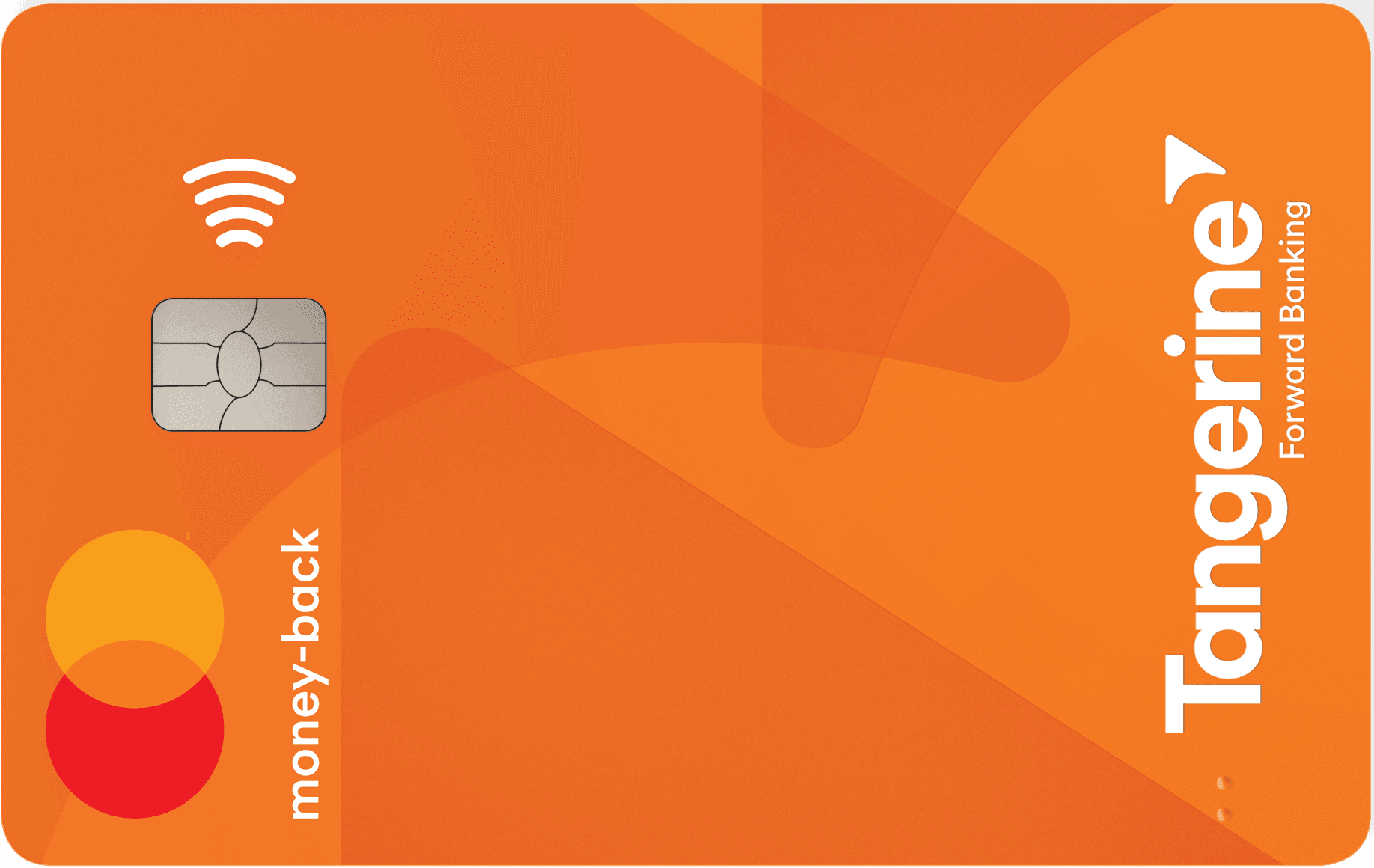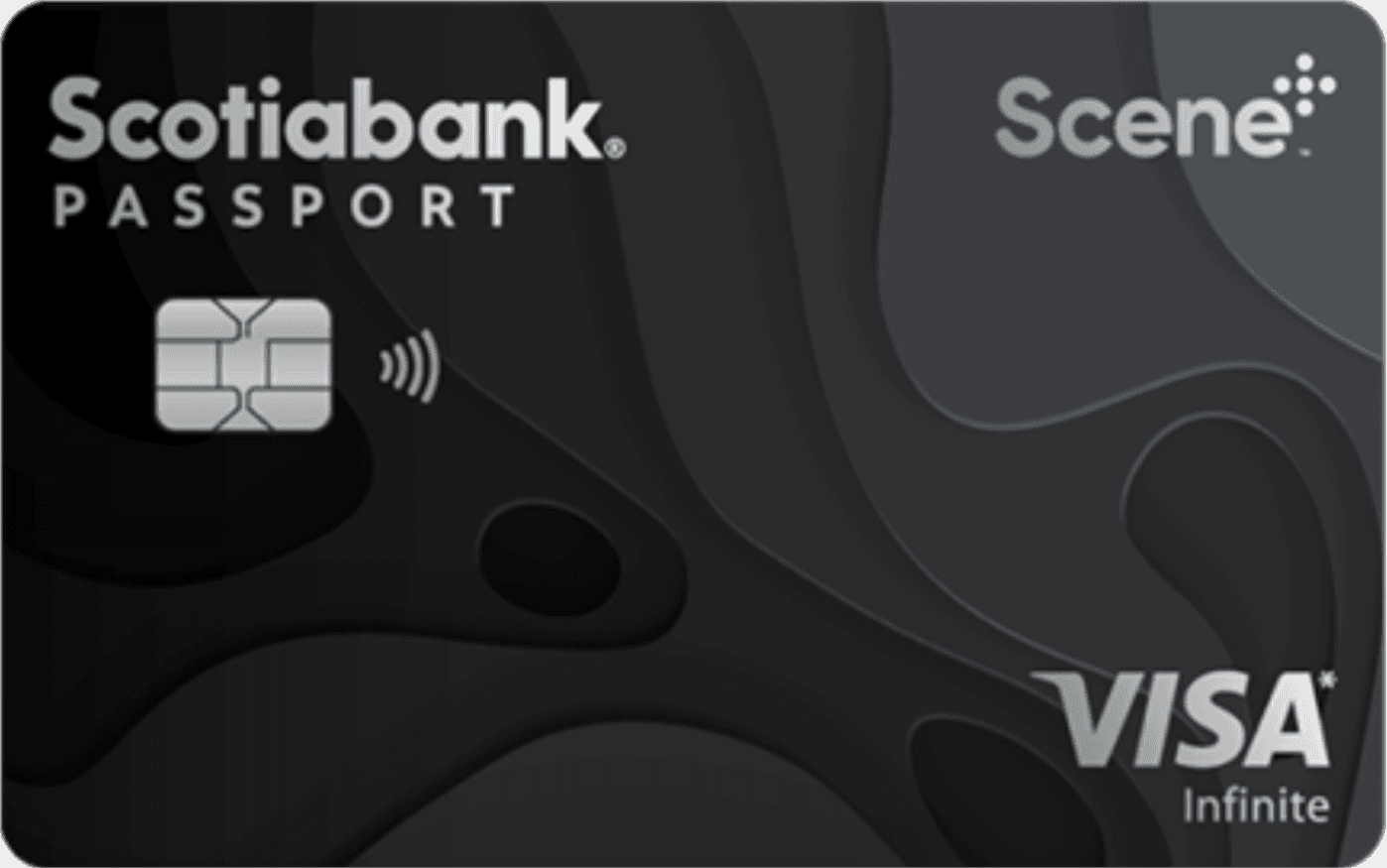Working hard in the background...
Should Canadians Open a Store Credit Card for Discounts?
Published Jan 10, 2026 12:46 PM • 5 min read
You’re standing at the checkout with a cart full of items. The cashier smiles and says, “If you sign up for our store credit card today, you’ll save 15% on your purchase!”
It sounds like a win – instant savings, right? But here’s the thing: that quick “yes” could cost you more in the long run than you save in the moment.
Bottom line: Don’t sign up just for the discount. Store credit cards often come with high interest rates, limited use, and hidden costs that outweigh the benefits. Skip the quick savings and protect your wallet instead.
Let’s break it down so you can make an informed choice – not an impulsive one.
What Is a Store Credit Card?
Store credit cards are credit cards affiliated with a specific retailer or chain. They are often co-branded with a major card network (like Mastercard or Visa), meaning you can use them anywhere, but they reward you most for shopping at the associated store.
Examples in Canada include:
- Hudson’s Bay Mastercard (powered by Neo) – 15% off first-day purchases.
- Triangle Mastercard – earns Canadian Tire Money at Canadian Tire, Sport Chek, and partner stores.
- PC Financial Mastercard – earns PC Optimum points at Loblaws-owned grocery stores and Shoppers Drug Mart.
- Walmart Rewards Mastercard – cash back on Walmart purchases and other spending.
Most store cards come with no annual fee, making them easy to keep for occasional use. But they also function like regular credit cards – meaning they affect your credit score and can rack up interest if you carry a balance.
Read More: Best Store Credit Cards in Canada
Pros of Store Credit Cards
1. Immediate Discounts: The biggest selling point is the upfront savings – often 10–20% off your first purchase or a flat dollar amount. If you were already planning a large purchase, this can mean significant savings.
Example: Buying a $1,000 sofa with a 15% sign-up discount saves you $150 instantly.
2. No Annual Fee: Most store credit cards are no annual fee credit cards, so they cost nothing to keep in your wallet for occasional use. This is especially attractive if you’re loyal to the store but don’t want ongoing costs.
3. Higher Rewards at the Store: Cards like the Triangle Mastercard give 4% back in Canadian Tire Money at Canadian Tire and affiliated stores. PC Financial cards offer high PC Optimum points at Loblaws grocery stores and Shoppers Drug Mart. If you shop there regularly, these rewards add up.
4. Exclusive Perks: Cardholders often get extras like free shipping, extended return periods, or special financing. These perks can make shopping more convenient and rewarding.
5. Easier Approval: Retailers want more customers using their cards, so store credit cards can be easier to qualify for than premium bank cards – useful for newcomers to Canada or those rebuilding credit.
Cons of Store Credit Cards
1. High Interest Rates: Store credit cards typically have interest rates between 25% and 30%, much higher than the ~20% common with bank-issued cards. If you carry a balance, that discount can disappear quickly.
2. Limited Use and Rewards: Most cards offer the best rewards only at their store and much lower rewards elsewhere. If you stop shopping there or want flexible redemption options, you may be disappointed.
3. Low Credit Limits: Many store cards start with limits of a few hundred dollars. This can make it easy to max out your utilization, which can negatively impact your credit score.
4. Fewer Premium Benefits: Unlike many general rewards cards, store cards often lack extras like travel insurance, purchase protection, or extended warranties.
5. Temptation to Overspend: Having a store card can make it tempting to shop more often to “get the rewards,” which can lead to unnecessary purchases.
Store Credit Cards vs. Regular Credit Cards: Which Should You Choose?
At the checkout, you’re offered a store credit card with an instant discount. Tempting, right? But for most people, a regular rewards credit card is the better choice. General cards provide more flexibility, stronger rewards, and lower long-term costs. And if you ever do decide to get a store card, there should be another great rewards credit card for all other purchases to truly maximize your benefits.
Still, there are a few rare cases where a store card might be reasonable so let’s compare them side by side to see which option is best for you.
Rewards Flexibility
Regular cashback or rewards cards give you points or cash back on all purchases, often with bonus rates for groceries, gas, or travel. You can redeem rewards for many things, such as statement credits, travel, or merchandise, not just one store.
Store cards are more limited. For example, the PC Financial World Elite Mastercard earns high PC Optimum points at Loblaws-owned stores, but you can only redeem them at those chains. If you want freedom in how you use rewards, a general card is more versatile.
Savings on Big Purchases
Store cards can look appealing for one-off large purchases. Saving 15% on a $1,000 furniture order means $150 back instantly, much more than the $10 to $20 you’d get from a 1% to 2% general cashback card.
This is a very limited scenario; it makes sense to get the store card if you’ll make many purchases at that store and no other card offers better rewards, but it only works if you pay the balance in full right away to avoid high interest charges. For ongoing spending, a general rewards card almost always beats a store card in the long run.
Interest Rates
Most bank-issued credit cards offer rates around 19%, and some have low-interest or 0% promotional offers. Store cards rarely do. Their rates often hit 25% to 30%, so carrying a balance can be costly. If you’re not sure you can pay in full each month, a low-interest general card is the safer option.
Credit Building
Both types can help build credit when used responsibly, but store cards may be easier to qualify for, which is useful for newcomers to Canada or those with fair credit. Still, secured credit cards or newcomer cards may be better long-term options, as they’re not tied to one retailer.
Read More: Improve Your Credit Score
Extra Benefits
Premium general rewards cards often include perks like travel insurance, purchase protection, and airport lounge access. Store cards rarely do. If you want these extras, make sure you have at least one general card that offers them.
Acceptance
Co-branded store Mastercards or Visa cards work anywhere their network is accepted. Closed-loop store-only cards work only at that store, which limits their usefulness. Always check before applying.
Example Comparison
The Walmart Rewards World Mastercard gives 3% cash back online at Walmart and about 1.25% in-store. The SimplyCash Preferred from Amex gives 2% back everywhere. If you shop at Walmart often, their card may save you more there, but the Amex would win for all other purchases.
Should You Open a Store Card Just for the Discount?
Ask yourself:
- How often do I shop here? If it’s rare, the card may not be worth it.
- Will I carry a balance? If yes, avoid store cards due to high APR.
- What’s my credit situation? A new card won’t ruin your score but can lower it temporarily.
- Are there better alternatives? Sometimes loyalty programs or general no-fee cards offer similar rewards without adding new credit.
Best Practice: Don’t apply on impulse at the checkout. Take the details home, compare with other cards, and read the fine print. Many offers are available later or online.
When It Makes Sense: If the store is one of your main shopping destinations and the card has no annual fee, it can be a smart move as long as you pay in full and on time. For example, Triangle Mastercard users earn Canadian Tire Money and gas savings, while PC Financial cardholders earn big on groceries. Used responsibly, store cards can deliver real value.
Read More: Canada's Best Grocery Credit Cards
Frequently Asked Questions
Not necessarily. One card won’t hurt much if you use it responsibly, but multiple new cards in a short period can lower your score temporarily.
Yes, many are around 25–30% APR, higher than most bank credit cards.
Higher rewards and discounts at that specific retailer, often with no annual fee.
Only if it gives significantly better rewards at that retailer and you shop there often.
Trending Offers

Tangerine® Money-Back World Mastercard®*

Tangerine Money-Back Mastercard

Neo World Elite® Mastercard®

Scotiabank Passport® Visa Infinite* Card
About the author

Faith Ogunkanmi
Editor
Faith is a seasoned finance professional with over six years of experience specializing in credit analysis, financial risk assessment, and business/personal lending. My background includes extensive w...
SEE FULL BIOAbout the editor

Kevin Shahnazari
Credit Card Expert
Kevin started FinlyWealth and juggles a bit of everything—digging into data, running our marketing, and keeping the finances on track. Before this, he spent years as a data scientist at tech companies...
SEE FULL BIO